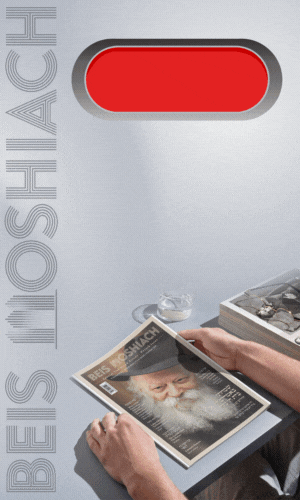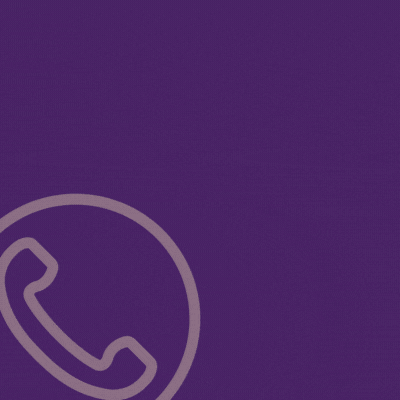Chinuch with Heart at Montreal’s Mesivta Ateres Menachem
Montreal’s Mesivta Ateres Menachem, stands out for its warm and caring Hanhala, Magidei Shiur and Mashpiim. The Yeshiva will be opening a dormitory for out of town students for next school year • Full Story, Photos
Stepping into Mesivta Ateres Menachem, one is immediately enveloped by four towering walls of seforim. Stretching from the floor and reaching as high as possible, almost every inch of wall space in the main zal is bursting with a wide variety of gemaras, mefarshim, poskim and chassidus. The mesivta’s library is an enticing resource for anyone serious about learning. While every yeshiva boasts of a robust library, the story behind the evolvement of this outsized library conveys the true essence of the mesivta.
At a quiet location, a few short blocks from the bustling enclave of Lubavitch in Montreal, the yeshiva seamlessly integrates into this long-standing community celebrated for its vibrant Chassidishe life. But what really makes the mesivta stand out are its warm and caring hanhala, magidei shiur and mashpiim.
Yemin Mikareves
When a bochur joins the mesivta, he is quickly taken in by the genuine interest and care for his gashmiusdike wellbeing and ruchniusdike growth. The staff believes that it is their responsibility as mechanchim to focus on the ‘whole bochur’ – because success in learning can only happen when a talmid’s physical and emotional needs are firmly in place. “Three of my boys attended the mesivta,” R’ Yossi Cozocaru relates, “Whenever one of them wasn’t feeling well, it was a given that the menahel, Rabbi Raskin, would check in regularly until he was well enough to return.”
“I learned this from my parents and grandparents who would do anything possible to make another yid feel good b’gashmius,” Rabbi Hirshel Raskin explains. “In Morocco, where my father was sent as a shliach, he was always helping people with money when they were desperate or a good vort to lift their spirits. He saw it as a natural part of his shlichus. My shlichus is in chinuch, so I want to know foremost that a bochur has all his needs met. I lost count of how many times I called a parent to say that a bochur needs a new coat or pair of shoes.”
Other parents echo the same sentiment. “They care about the bochurim. They understand and relate to them and inspire them,” says Rabbi Moshe Stern, whose older son graduated from the mesivta several years ago and whose younger son will be doing so as well at the end of this year. “The hanhala know how to manage the delicate balance between being demanding where necessary and lenient when appropriate.”
“He understands who I am,” shares a bochur currently learning at the mesivta about the Rosh Yeshiva Rabbi Levi Karp, “He finds ways to communicate with every bochur throughout the day. With some of us, he will talk about an interesting vort and with others about something that might be bothering them.” He similarly describes his appreciation for Rabbi Sheingarten, one of the mashpiim, “Even though he has a busy schedule, he will give me all the time I need to discuss what’s on my mind.”
“It’s how we communicate with the bochurim,” Rabbi Raskin goes on to summarize their approach in Yiddish, “men mont b’derech kiruv.” They inspire the bochurim through the warmth and relationship built into all their communication.
“Over the past two years I have seen the tremendous sensitivity of Rabbi Raskin and the other staff members in how they support each individual student.” says R’ Gedalia Szenes whose son is shiur beis. “It’s not about the boys fitting into the structure of the mesivta, rather looking to understand the particular personality and interests of each student and working to ensure they can grow in their learning and yiddishkeit.”
Veshinantam Livanecha
This sense of care for the individual extends into the learning as well. There’s a hyper-focus on the success in learning of each individual bochur, not letting anyone slip through the cracks. “We want every bochur to feel successful in learning,” says Rabbi Karp, “we make it a point to directly interact with each individual talmid to ensure they truly comprehend what they are learning, one Rashi and one tosefos at a time.”
It isn’t unusual to see Rabbi Karp and the other magidei shiur learning one-on-one with bochurim during chavrusah time. Rabbi Karp gives insight into this practice, “We look for ways to help each bochur feel the success of learning.”
“It excites me to see how a bochur can develop a derech in learning,” Rabbi Moshe Nosson Fischer, a magid shiur, explains what inspires him to teach mesivta bochurim. “The geshmak on his face when he gets a tosefos is very motivating.”
Rabbi Karp, believes that “every bochur has the ability to learn how to learn independently and how to love learning. These two points complement each other: if a bochur can truly comprehend when he learns on his own, he will love learning. This is something that I work hard to emphasize in my work with the bochurim.”
“The learning environment is very encouraging, every bochur is given the chance to succeed,” Rabbi Fischer points out. “When a bochur is given the opportunity to ask again and again, and doesn’t give up until he understands the sugya, this motivates everyone else, including me. When another asks a good question, I can point out that the Maharsha asks the same question.”
Recently, one of our graduates shared that when he went to Zal he was chavrusah with a top bochur who had an easy time grasping gemara rashi, tosefos and mefarshim. “He was really smart. I was always an average learner. But as we began learning together, I found myself challenging his pshat in everything. I realized that while my chavrusa was quick to get the pshat, I would dig to understand each inyan in the sugya. This ability to truly analyze and delve into what I learn I acquired at Ateres Menachem!”
Darkei HaChassidus
The individualized approach is present in the way chassidus is taught as well. One bochur shared how Rabbi Sholom Ber Sheingarten “uses lots of down-to-earth stories and meshalim to explain the concepts in chassidus and makes sure that everyone understands.”
But more than the academics of chassidus, the dugma chaya of the staff conveys how bochurim can live a life of chassidus by applying its timeless life lessons. “Rabbi Karp is always pointing out how we can see the bigger picture and learn from everyone and everything,” says one bochur. “Rabbi Sheingraten is always smiling and is full of vigor and chassidishe varemkeit,” another bochur shared, “He really makes everyone feel important and takes the time to hear them out.”
It’s no surprise. They genuinely believe that every bochur is important. Rabbi Tzvi Hirsh Gurary readily references the Sicha yomis to describe his inspiration as a mechanech. The Rebbe compares the dedication of the Beis Hamikash to the positive effect chinuch has on each child, how we can transform them into a mikdash for Hashem that lasts for generations to come.
“My enthusiasm to come to yeshiva every day is driven by the mission the Rebbe expected from us Chassidim to bring Moshiach,” Rabbi Sheingarten says, “This happens through the Talmidim of Tomchei Temimim since they are the Rebbe’s soldiers, they are the Rebbe’s children. So for me, it is a tremendous privilege to come every day and work with the Rebbe’s children.”
A Living Library
The hour is late. Seder is over, but the seats are occupied and the hum of learning still fills the air. It’s one of the many ‘mivtzas’ that the bochurim run throughout the week. “The hanhala encourages every bochur to choose programs to run or jobs to take on. We all get to do something that brings out our talents.” Whether it is a hachana for a yoma d’pagra or a contest for mastering sichos, the bochurim are swept up in the excitement of learning and farbrengens.
Rabbi Moishy Cohen, whose oldest son joined the Mesivta this year, is “impressed with the liveliness and involvement of the bochurim in the learning and activities. They seem so happy.”
Indeed, at a recent Shabbos mevarchim farbrengen Rabbi Raskin was amazed at the fortitude of the bochurim, spending their day immersed in saying tehillim, learning chassidus, davening and farbrenging. “After so many hours, they were still so full of positive energy.” The environment just pulls them in.
“Aside from the exceptional quality of my son’s learning, both in terms of quantity and depth,” says Rabbi Cohen, “he is very engaged in the extra activities such as learning maamarim by heart, participating in special programs and enriching farbrengens. He is gaining invaluable experiences of what it entails to be a bochur.”
If you pull a sefer off a shelf in the library, don’t be surprised to see that it was sponsored by one of the bochurim. It’s their first choice of where to give tzedaka. To adorn the four walls where they learned to appreciate the value of seforim and the eternal messages in them. These bochurim have become a ‘bayis molei seforim.’
When you hear what the hanhala say, it’s no surprise that the bochurim have developed a deep love for chassidus and darkei hachassidus. “It’s a shlichus of the Rebbe,” says Rabbi Raskin with true conviction, “to be able to help bochurim develop their hiskashrus, how to daven, how to learn, their frumkeit, derech eretz, and middos tovos. Chinuch is a davar hachi chashuv!”
***
We’re excited to announce that Mesivta Ateres Menachem is opening a dormitory to eligible out-of-town bochurim! It will feature comfortable dorm rooms including all the necessary amenities, and on-site mashgichim to ensure a safe and appropriate environment at all times. The bochurim will receive nutritious and delicious meals, providing them with the gashmiyusdike fuel they need to focus on their learning and stay energized throughout the day.
Thanks to the generosity of a committed donor, we’re able to offer assistance with certain costs, making this opportunity accessible to all. Come join Mesivta Ateres Menachem, where every talmid is an only talmid.
To inquire if this mesivta is the right place for your son, please contact Rabbi Raskin at 514-999-7748 or [email protected]



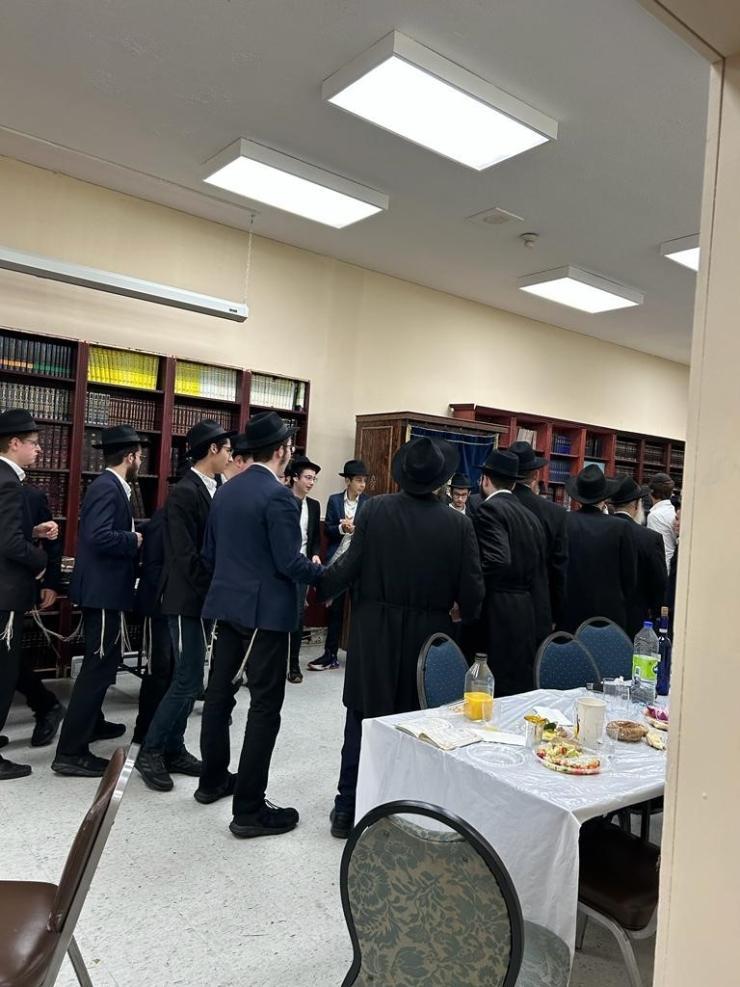


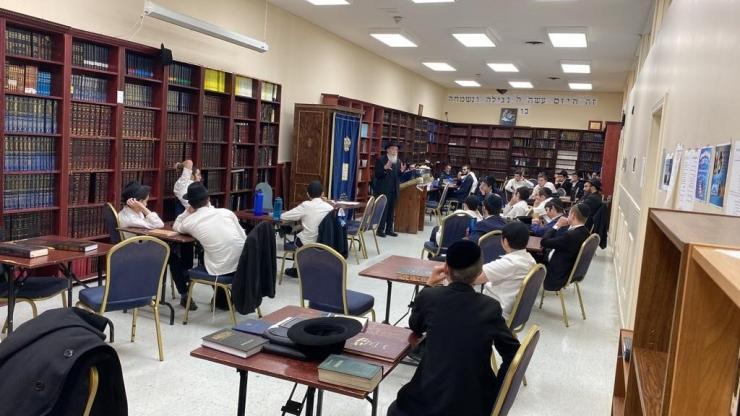


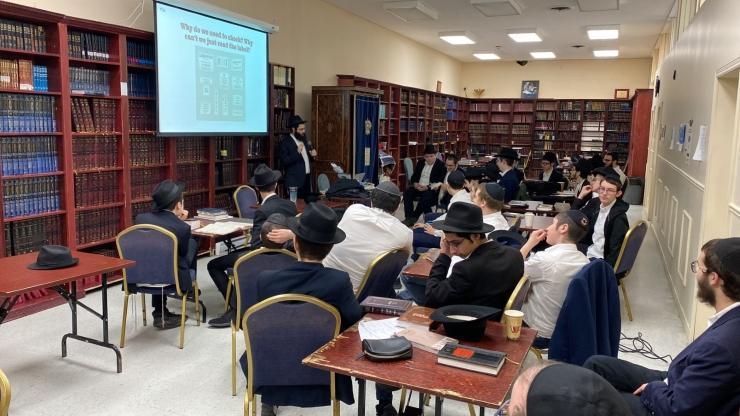


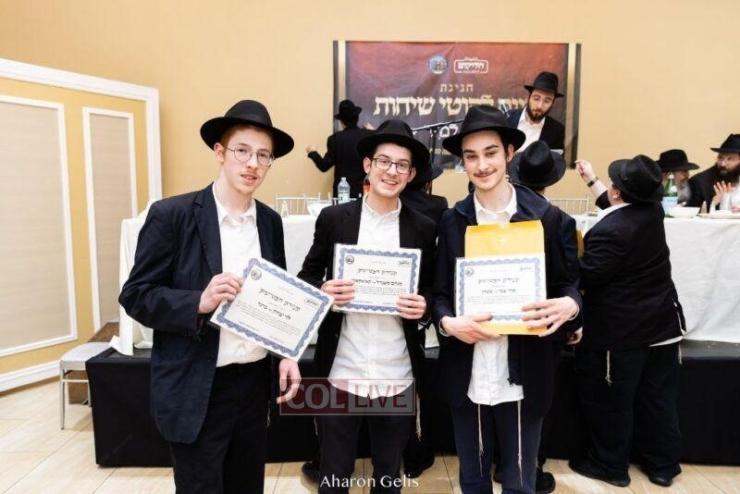


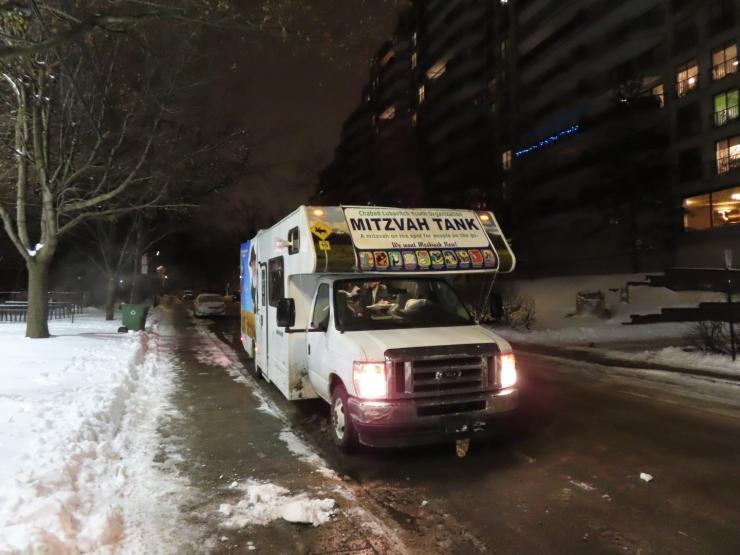


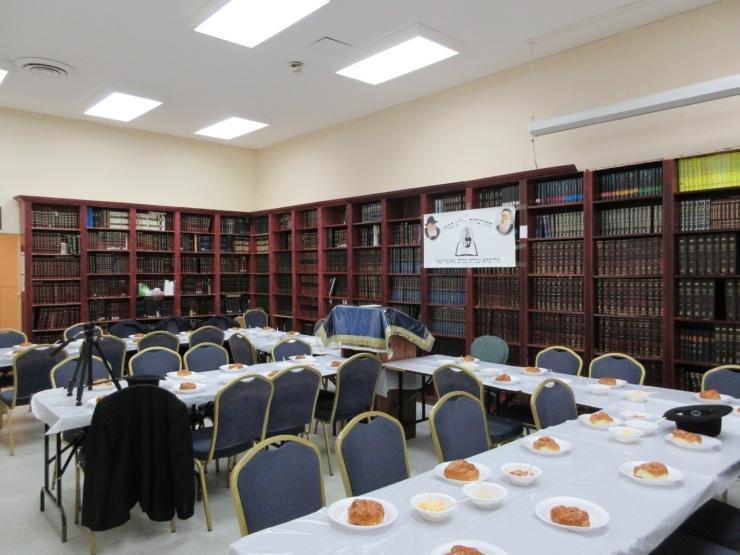




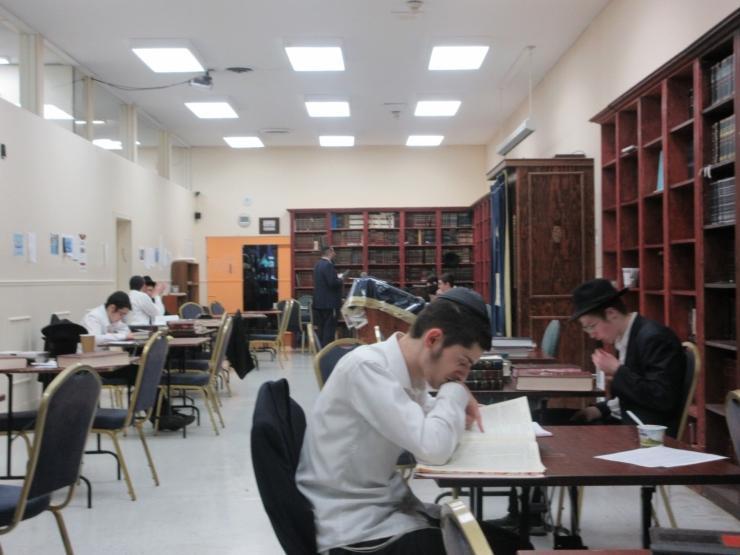








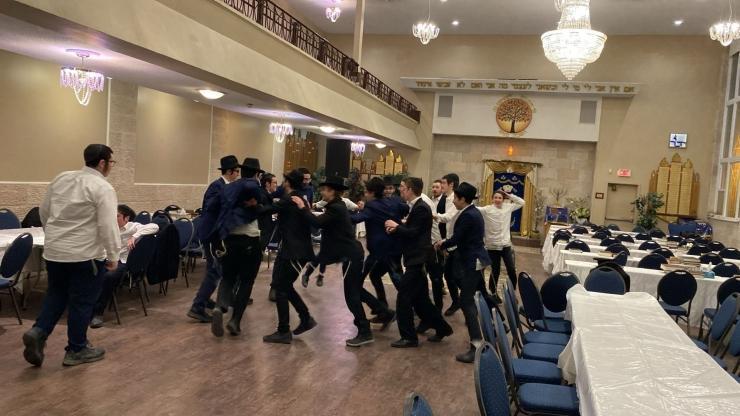


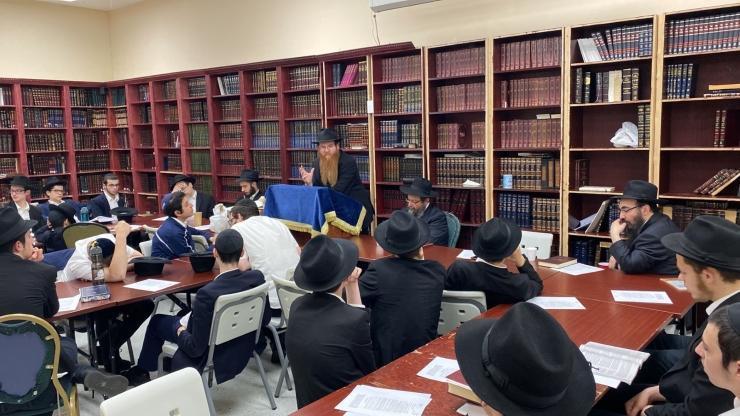


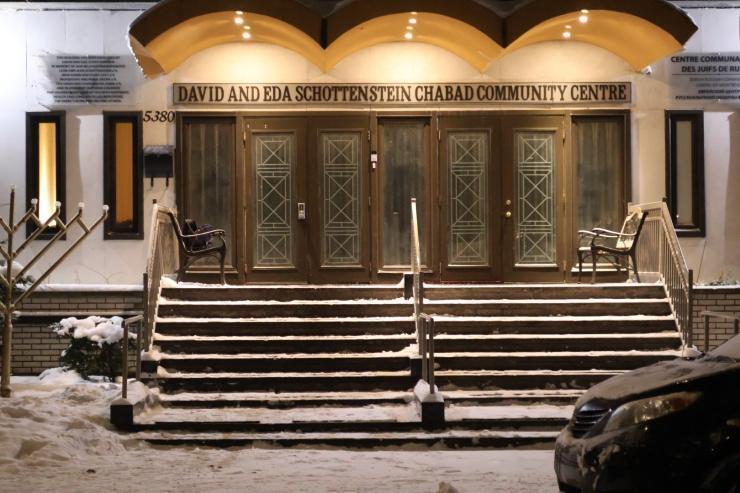


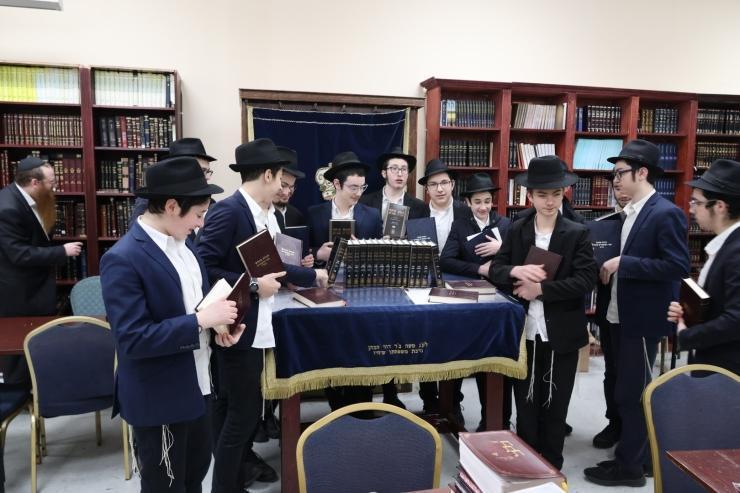





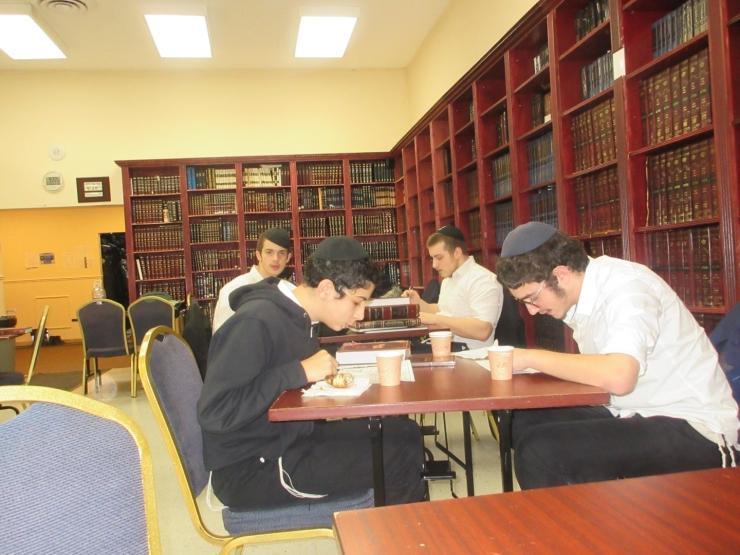


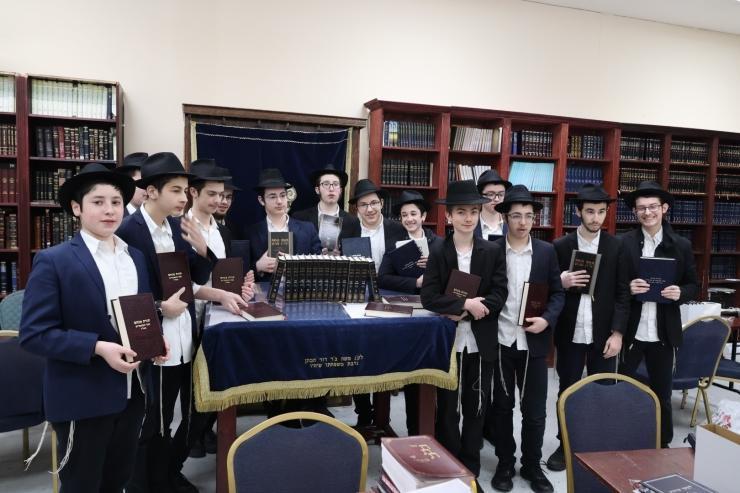


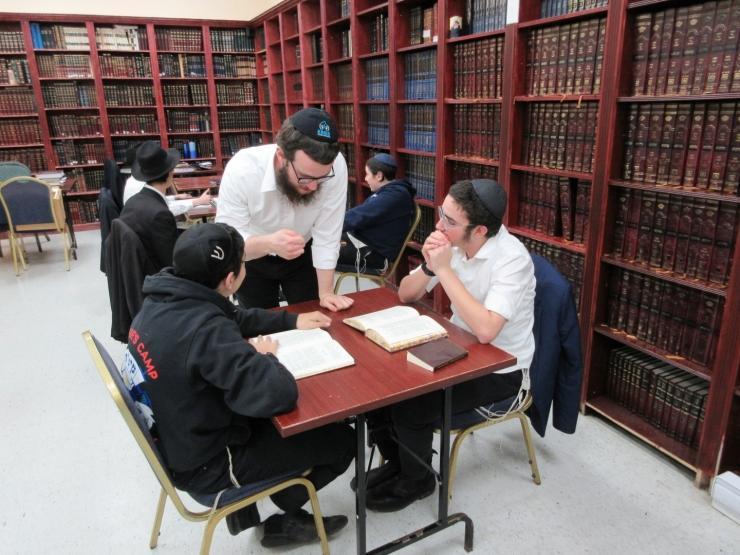


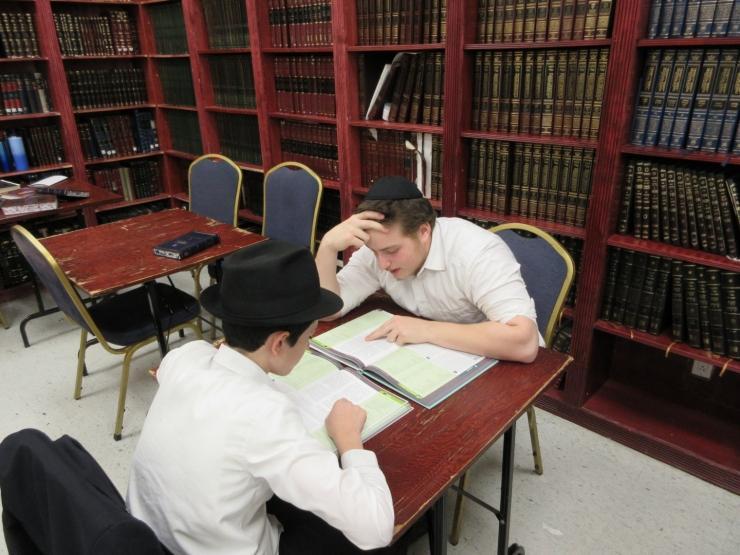





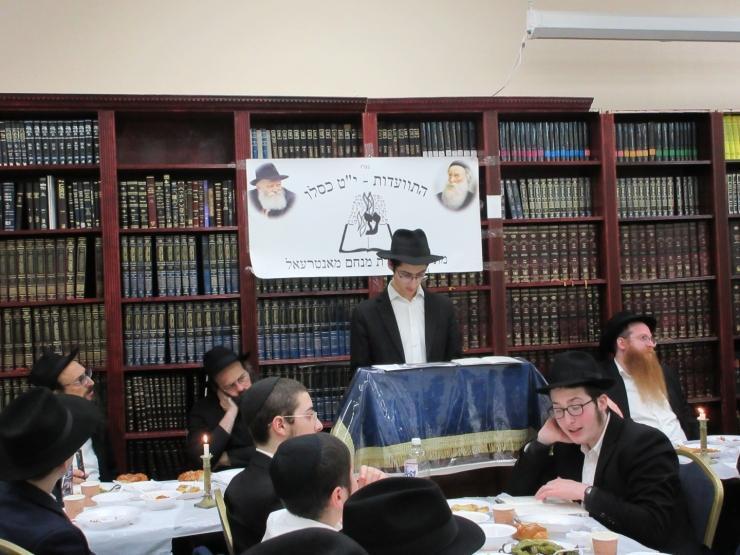


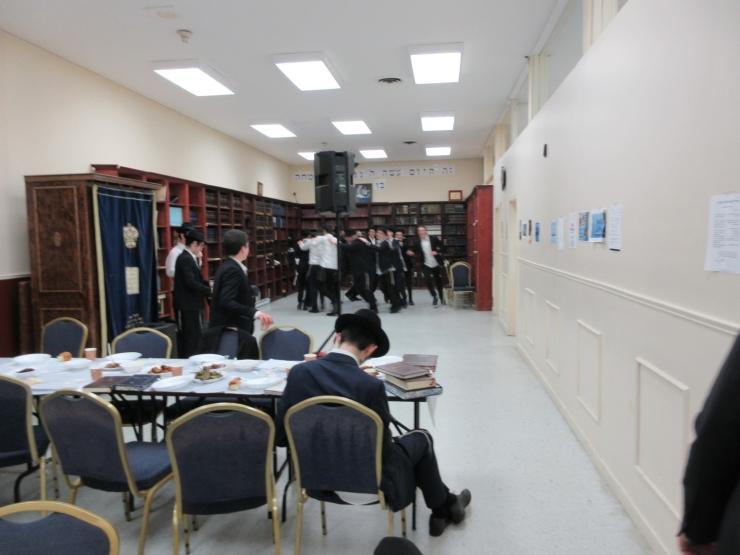


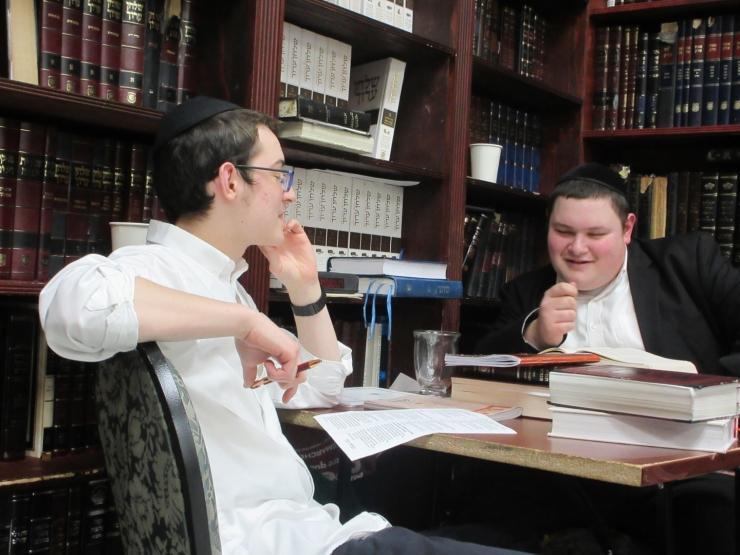





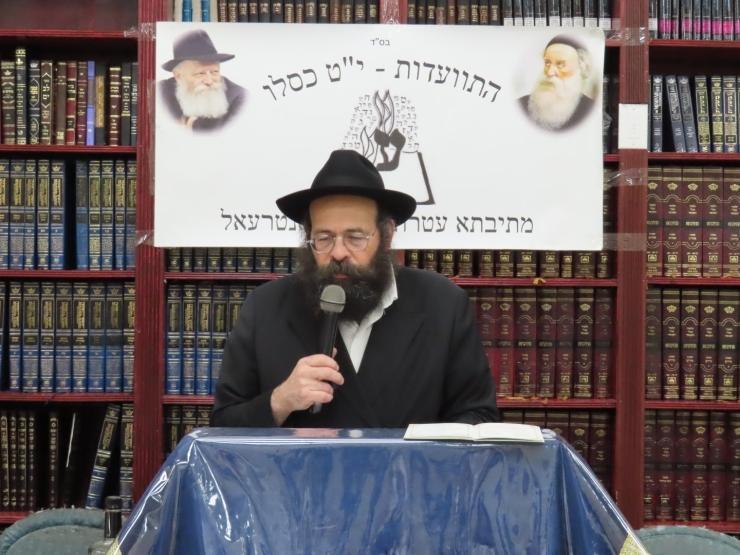


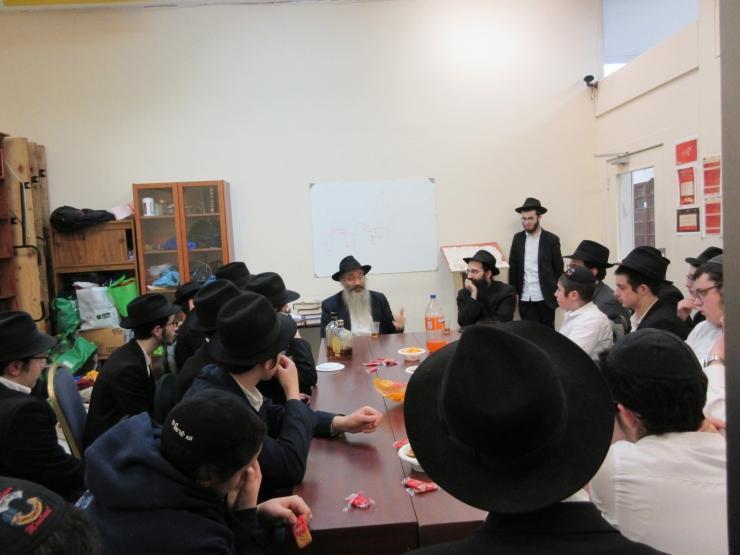


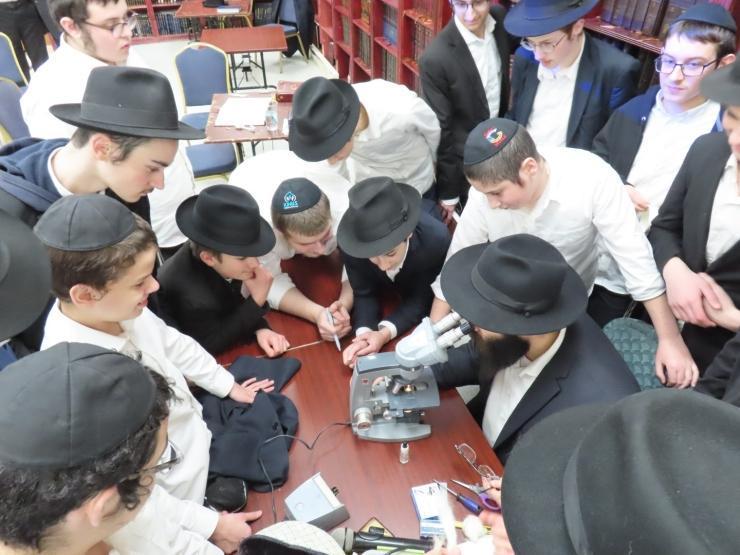





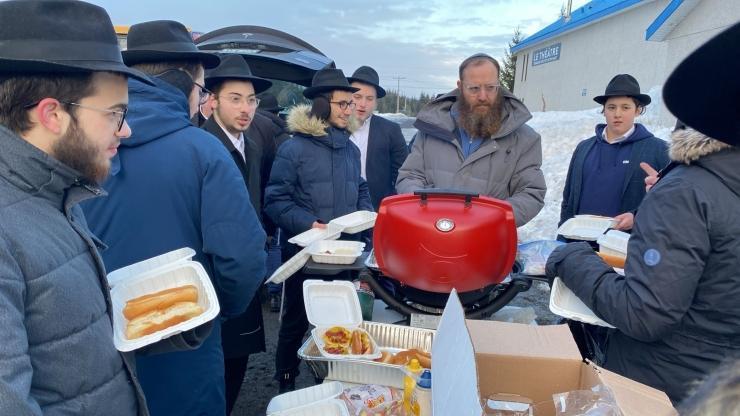





69
Join ChabadInfo's News Roundup and alerts for the HOTTEST Chabad news and updates!





















